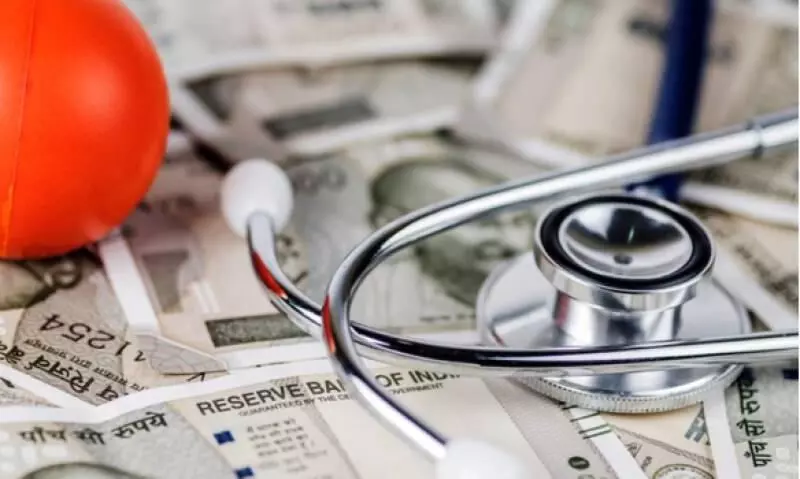
Survey reveals most Indians pay out-of-pocket for healthcare
text_fieldsA recent poll conducted by the Artha Global policy organization’s Centre for Rapid Insights (CRI) found that, out of 6,755 respondents across 421 Lok Sabha constituencies, over half primarily covered their hospitalisation costs out-of-pocket.
This raises concerns about the availability and quality of healthcare in government facilities in India. A common man in the country has to pay different direct taxes, and healthcare is one of the key areas where the government allocates funds from taxes. It can be assumed that this amount is much higher than what a person would pay for private medical insurance schemes to cover their health in private hospitals.
The survey, which sampled 6,755 respondents across 421 Lok Sabha constituencies, found that over half of the individuals primarily covered their hospitalisation costs out-of-pocket—in contrast, slightly more than a quarter of those surveyed relied on government schemes to manage these expenses.
The poll's results indicate that 53% of respondents used out-of-pocket expenditure as their primary payment method for hospitalisation. Government schemes covered costs for 29% of respondents, while private and employer insurance were the primary sources for 10% and 9%, respectively.
Notably, the survey also revealed disparities based on vehicle ownership. Sixty per cent of those without a vehicle paid for hospitalisation costs out-of-pocket, compared to 48% of those with a two-wheeler and 40% of those with a four-wheeler. This suggests that vehicle ownership correlates with a higher likelihood of accessing private or employer insurance for healthcare expenses.
The CRI report points to several inefficiencies in India’s healthcare insurance schemes, particularly Ayushman Bharat, which is intended to provide financial protection for low-income families. One major criticism is that the scheme does not cover outpatient services, which make up a significant portion of healthcare needs. Additionally, issues such as low coverage amounts and delays in fund disbursal can diminish the quality of services provided by healthcare providers, further exacerbating the burden on individuals.
Despite the government’s efforts to increase its share of health expenditure, out-of-pocket costs remain a significant issue. As of 2019-2020, out-of-pocket spending accounted for 52% of India’s total health expenditure, compared to 35% from state and Union government contributions. Although this proportion has decreased over time, it remains higher than in other large economies and BRICS countries, according to WHO figures.
A report from NITI Aayog revealed that approximately 7% of India’s population—about ten crore people—are pushed into poverty annually due to healthcare costs. This highlights the ongoing challenge of ensuring affordable and accessible healthcare for all, particularly for those who rely heavily on out-of-pocket payments.























